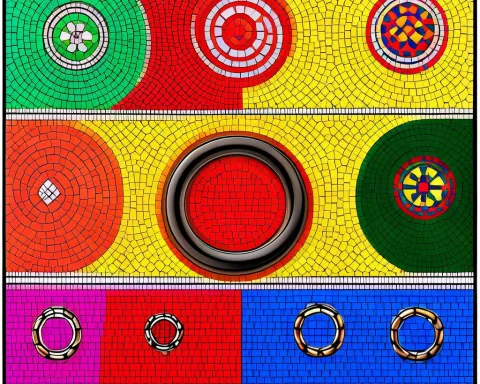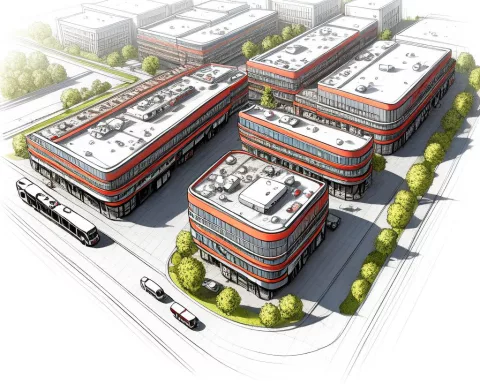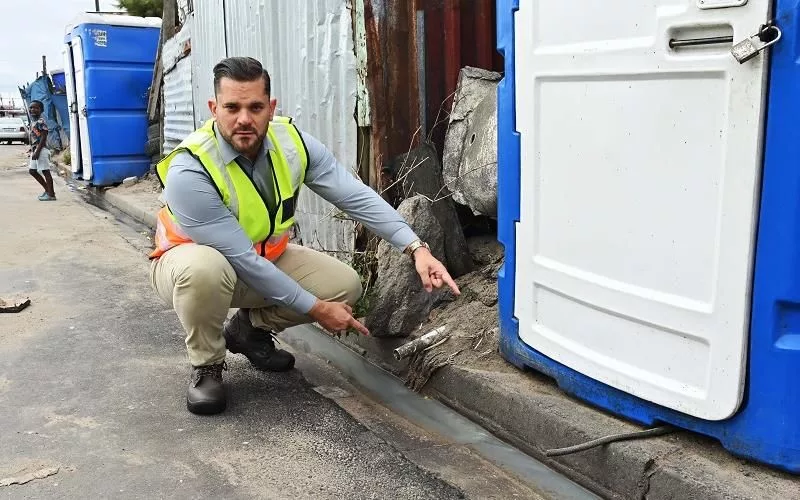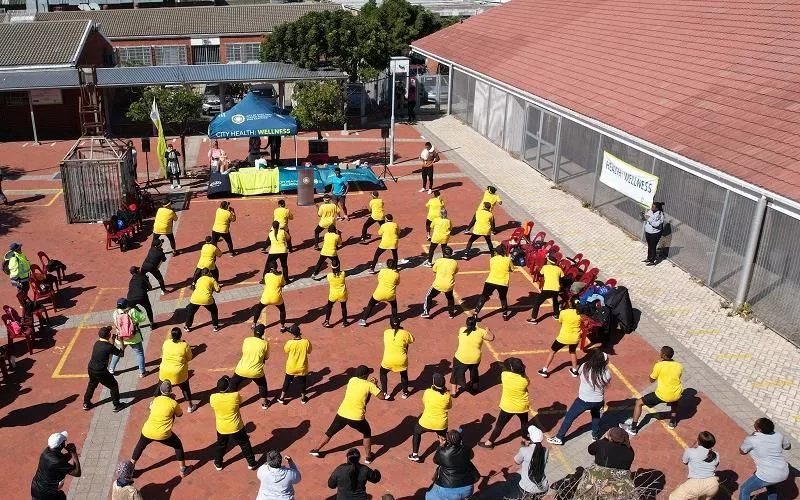The City of Cape Town is introducing traffic calming measures in the central region, including speed humps, pedestrian crossings, and elevated intersections. Residents are invited to provide feedback and suggestions through various channels, including email, the city’s online portal, and designated libraries. The goal is to transform city planning by ensuring inclusivity and shaping the city’s urban environment with community input. City authorities support the initiative, acknowledging its importance in improving safety on residential roads, particularly around schools.
City Planning in Action: Traffic Management Transformation in Cape Town’s Core Area
The City of Cape Town’s Urban Mobility Directorate is introducing traffic calming measures in the central region, encouraging community input and suggestions. Proposed alterations include the development of speed humps, elevated intersections, and pedestrian crossings. Residents can submit their feedback through various channels such as email, the city’s online portal, or designated libraries. This invitation to participate signifies a transformation in city planning, ensuring inclusivity and shaping the city’s urban environment.
The City of Cape Town’s Urban Mobility Directorate is encouraging locals to play a significant part in shaping the city’s traffic management future. The community is invited to provide input, share thoughts, and suggest ideas for the proposed plans to introduce traffic calming measures. This initiative aims to significantly revamp the city’s central region.
The Heartbeat of Cape Town: Roads and Traffic Challenges
Cape Town’s streets are dynamically alive under the radiant South African sun, offering a rich blend of cultures, historical elements, and an unending movement of people and vehicles. Like most urban centres, the city wrestles with issues related to traffic, including speeding and pedestrian safety. The Urban Mobility Directorate of the city has therefore put forward a strategy to introduce traffic calming features in the central region. The suggested alterations feature the development of speed humps, elevated intersections, and pedestrian crossings.
The neighbourhoods expected to reap benefits from these proposed infrastructural changes include Gardens, Table View, Tamboerskloof, Thornton, Maitland, Milnerton, District Six, and Vredehoek. However, the city recognises that the implementation of these measures will largely depend on the availability of financial resources.
City Authorities’ Support for Traffic Measures
The city’s representative for Urban Mobility, Councillor Rob Quintas, has expressed his endorsement for this initiative. He views traffic calming strategies as a powerful means of improving safety on residential roads. Quintas highlights the importance of these measures, particularly around schools where there’s usually a high concentration of vulnerable road users.
To ensure the proposed changes meet the demands and reflect the experiences of those most familiar with these streets – the local residents – the city has established a public consultation platform. This platform provides an avenue for citizens to fulfil their civic duties and shape the city’s urban mobility future. The city invites the community to review the proposed changes, contemplate their possible effects, and share their insights and suggestions.
Public Participation in the Planning Process
Residents can submit their feedback through various channels such as email, the city’s online portal, or in written form at the Public Participation Unit situated at the Civic Centre on Hertzog Boulevard. For new traffic calming measures, suggestions should be submitted via the respective subcouncil offices located in Saxonsea, Central Square, and Wale Street.
For those who value in-person interactions or need assistance, the city has designated several libraries as additional submission points. These libraries, located at Old Drill Hall, Table View, Tamboerskloof, Kensington, Maitland, Rugby, and Vredehoek, will offer special assistance to those who can’t read or write, the disabled, and other marginalised groups.
This invitation from the City of Cape Town to the central region residents to participate in this conversation signifies a transformation in city planning. It exhibits the city’s dedication to inclusivity, ensuring that each voice, every experience, and observation, contribute towards shaping the city’s urban environment.
The deadline for comment submissions is Wednesday, 24 April 2024. As the date approaches, community members can access more information by contacting Cape Town’s call centre or following @CityofCTAlerts on Twitter.
In the bustling environment of Cape Town, your voice matters. It can shape viewpoints, influence decisions, and ultimately, contribute to the creation of a safer and more efficient city for everyone. This city belongs to you. Make your voice count in shaping its future.
1. What is City of Cape Town’s initiative regarding traffic management in the central region?
The City of Cape Town’s Urban Mobility Directorate is introducing traffic calming measures in the central region, including speed humps, pedestrian crossings, and elevated intersections, and inviting community input through various channels.
2. What are the proposed alterations in Cape Town’s central region?
Proposed alterations include the development of speed humps, elevated intersections, and pedestrian crossings to introduce traffic calming measures.
3. What neighbourhoods are expected to reap benefits from the proposed traffic calming measures?
Neighbourhoods expected to benefit from these proposed infrastructural changes are Gardens, Table View, Tamboerskloof, Thornton, Maitland, Milnerton, District Six, and Vredehoek.
4. What is City Authorities’ view on traffic measures?
City’s representative for Urban Mobility, Councillor Rob Quintas, endorses traffic calming strategies as a powerful means of improving safety on residential roads, particularly around schools.
5. How can residents provide feedback and suggestions regarding the proposed traffic calming measures?
Residents can submit their feedback through various channels such as email, the city’s online portal, or in written form at the Public Participation Unit situated at the Civic Centre on Hertzog Boulevard. Suggestions for new traffic calming measures should be submitted via the respective subcouncil offices located in Saxonsea, Central Square, and Wale Street.
6. What is the deadline for comment submissions?
The deadline for comment submissions is Wednesday, 24 April 2024.












